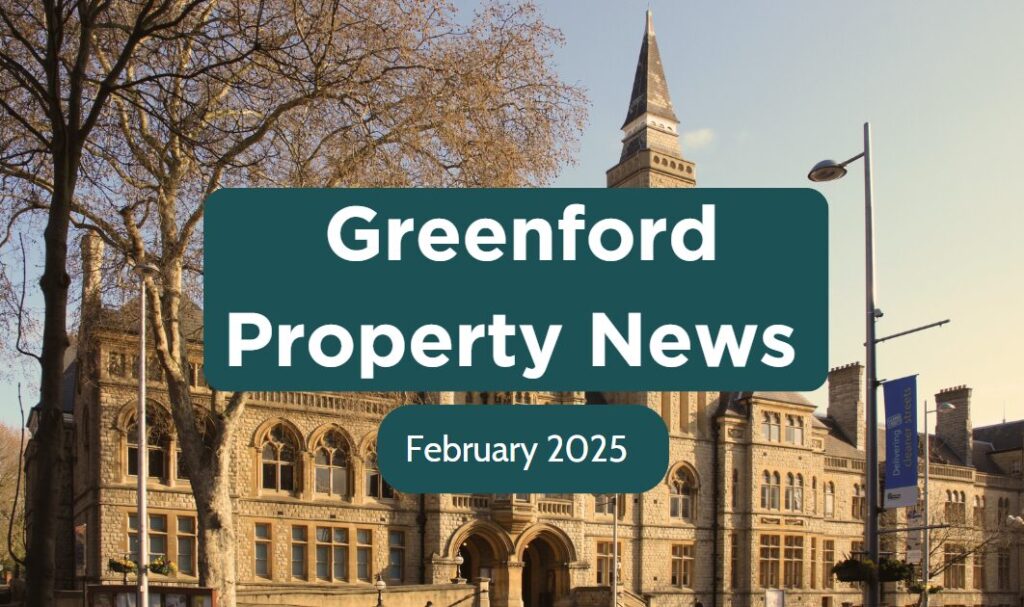Ealing Overview
- Over the last 12 months, the average sales price in Ealing was £535,508. The total value of sales was £980M.
- 38% of sales in the past 12 months were flats, achieving an average sales price of £356,979. Houses achieved an average price of £687,979.
- The highest value recorded by the Land Registry over the past 12 months was £1.89M for a flat and £7.8M for a house.
- 69% of homes let in the past 12 months were flats, achieving an average rental value of £1,696 per month. Houses achieved an average rent of £2,133 per month.
Lease Extensions: The 80 Year Trap
Whether they are in a purpose-built block, converted house, or located above shops, flats will invariably be granted and sold as “leasehold”.
Ownership on a leasehold basis gives a right to an occupation and the use of a flat for a length of time – that is the term of the lease. During this period, the property can be bought and sold as many times as possible; however, the term of the lease will not change. As years go by and the lease term reduces, the value of the property also eventually becomes unattractive to mortgage lenders.
In order to increase the term of a lease, the landlord can be approached by the leaseholder to see if they will negotiate an extension, but this can often be an expensive exercise. Leaseholders could end up paying a large amount of money for what may be an extra 20 years or so.
However, help is available in the form of the “Leasehold Reform Housing and Urban Development Act 1993”.
Subject to owning the flat for two years, the leaseholder can force the freeholder to extend the lease on attractive terms. The flat owner is entitled to an extra 90 years on top of what is remaining and with the whole of the term being at peppercorn (nil) rent.
Going down the 1993 Act route involves the service of a formal notice on the freeholder. It should include certain information, the most important one being the price proposed for the lease extension; this would normally be calculated by a surveyor. It is normally based on a formula designed to compensate the landlord for the loss of ground rent and the fact that the right to get the flat back at the end of the term is postponed by 90 years. In addition, the landlord in entitled to half of the ‘marriage value”, which is basically the increase in value thanks to the extension of the lease.
No marriage value is payable if the lease is 80 years and above at the time of serving the notice, so flat owners with leases between 80 and 85 years should definitely consider extending them, as once it goes below 80 it would be a lot more expensive.
To summarise:
- After 2 years of ownership a leaseholder can buy an extra 90 years to their existing lease.
- No ground rent will be payable during the term of the new lease.
- 80 years is the crucial cut off point at the time of serving notice. Below this it could end up costing you a lot of money.
If you want more advice with respect to lease extensions, please call us on 020 8575 1310.
To read the full article, please click here



